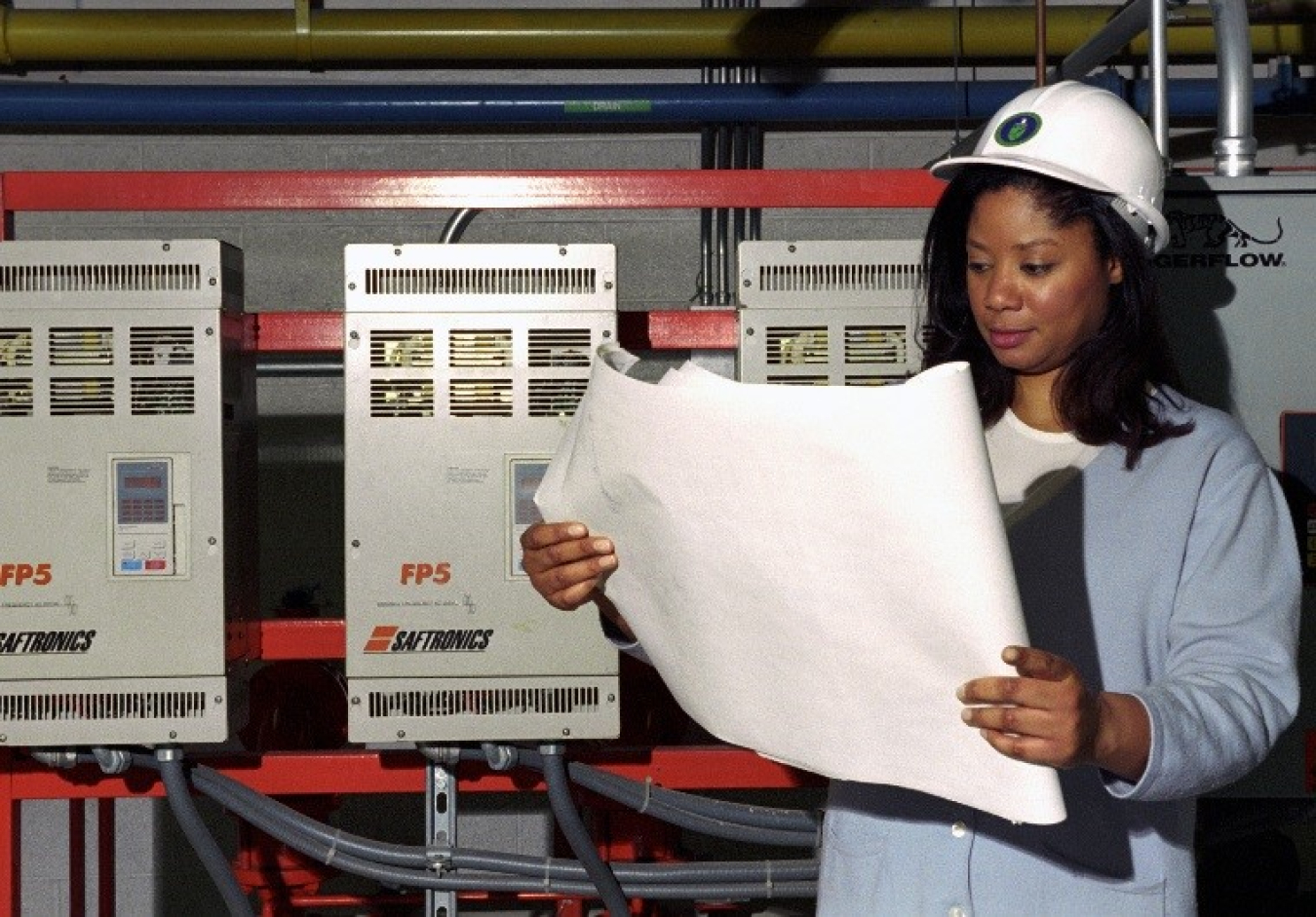
Photo courtesy of Kennith Shipp | National Renewable Energy Laboratory.
The job of safety and occupational health specialist is a mid-level position in bioenergy, in the infrastructure career sub-sector. Job seekers with infrastructure backgrounds or a trade or vocational career could consider this type of mid-level bioenergy job.
Safety and occupational health specialists work to evaluate and correct risk potentials of safety hazards, as well as conduct occupational safety/industrial hygiene appraisals of laboratory/contractor facilities and field offices to ensure worker health and safety. People in these positions may have careers in bioenergy safety and occupational health.
Safety and Occupational Health Specialist
| Alternate Title(s) | Industrial Hygienist; Regulation Compliance Specialist |
| Education & Training Level Description | Bachelor’s degree in Industrial Hygiene, Occupational Health, or Safety Sciences is required. |
| Experience | 3–7 years |
| Job Skills |
|
| Job Profile | Research and development (R&D) at any bioenergy or biorefinery facility can be risky or dangerous, due to biological agents, heavy moving machinery, and complex chemical reactions. Safety personnel directly impact others and assist in providing more safe work environments for employees. Ensuring the health and safety of scientists and engineers working on bioenergy R&D, safety workers contribute to assuring safe and healthful working conditions in covered workplaces through the development of workplace standards, regulations, and guidance addressing exposures to harmful agents. They work to produce organizational standards on feedstock quality, safety and health reports on the use of catalysts in pretreatment and conversion processes, as well as ensure worker safety in operating biorefinery machinery. Health and safety employees are the stewards of ensuring the quality, timeliness, and safety of scientific and technical assignments performed by contract workers. At the middle level, safety and occupational health specialists work to evaluate and correct risk potentials of safety hazards, as well as conduct occupational safety/industrial hygiene appraisals of laboratory/contractor facilities and field offices to ensure worker health and safety. A Bachelor’s degree in industrial hygiene, occupational health, or safety sciences is required. Employers also value relevant experience or training through undergraduate capstone research projects, part-time employment, internships, or volunteer work. |
More Mid-Level Infrastructure Jobs in Bioenergy
Related Bioenergy Career Resources
Bioenergy Career Exploration Wheel

